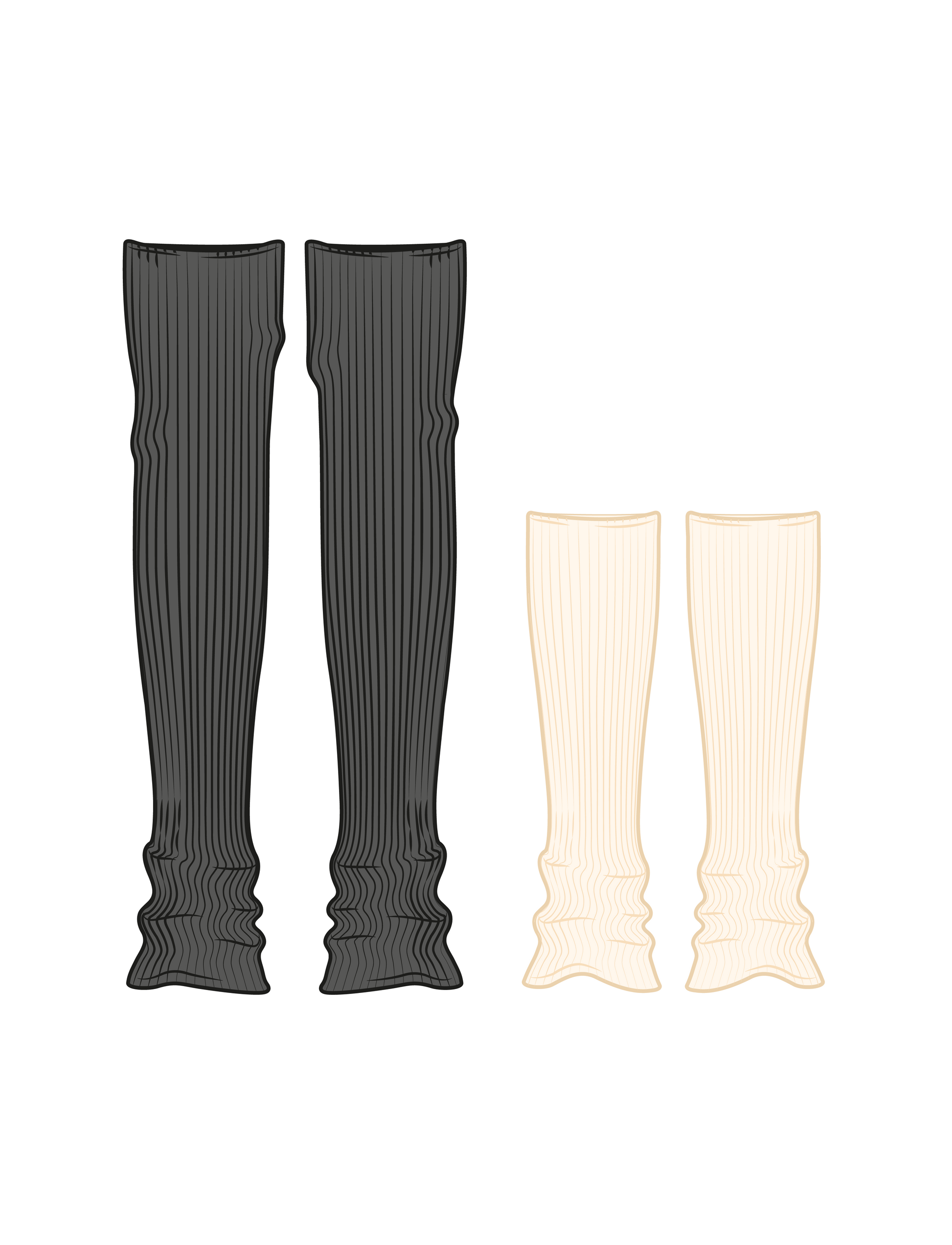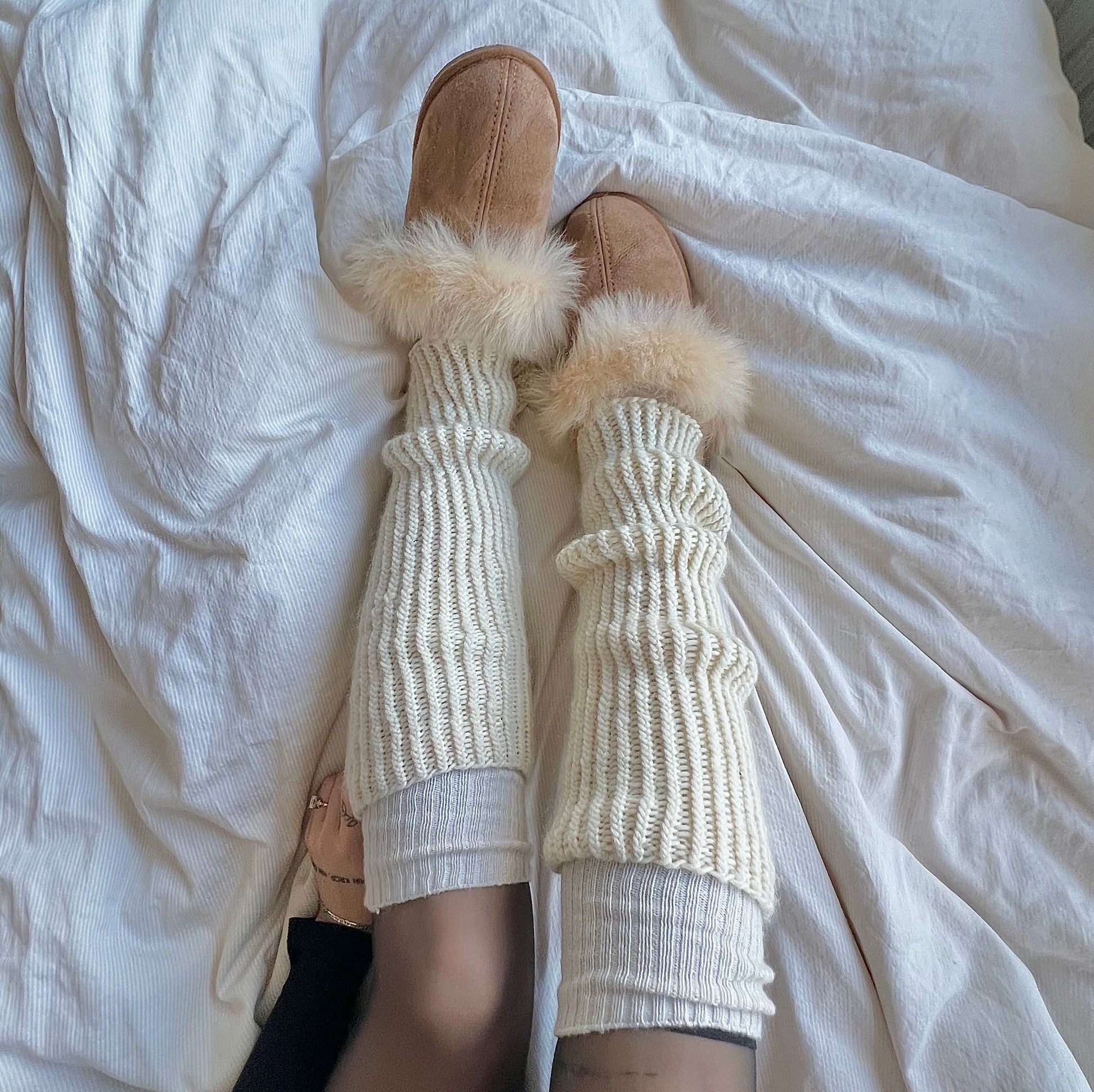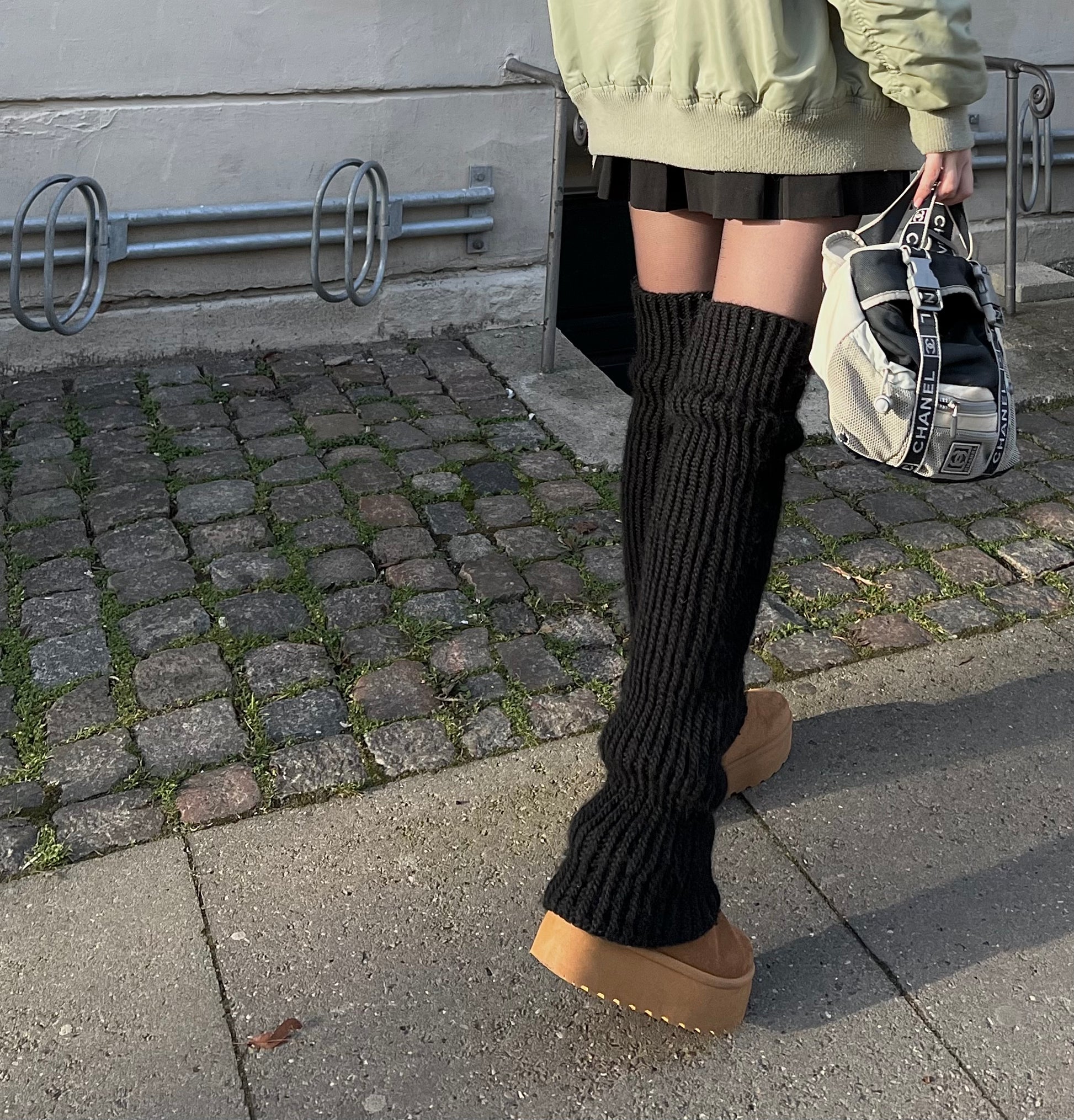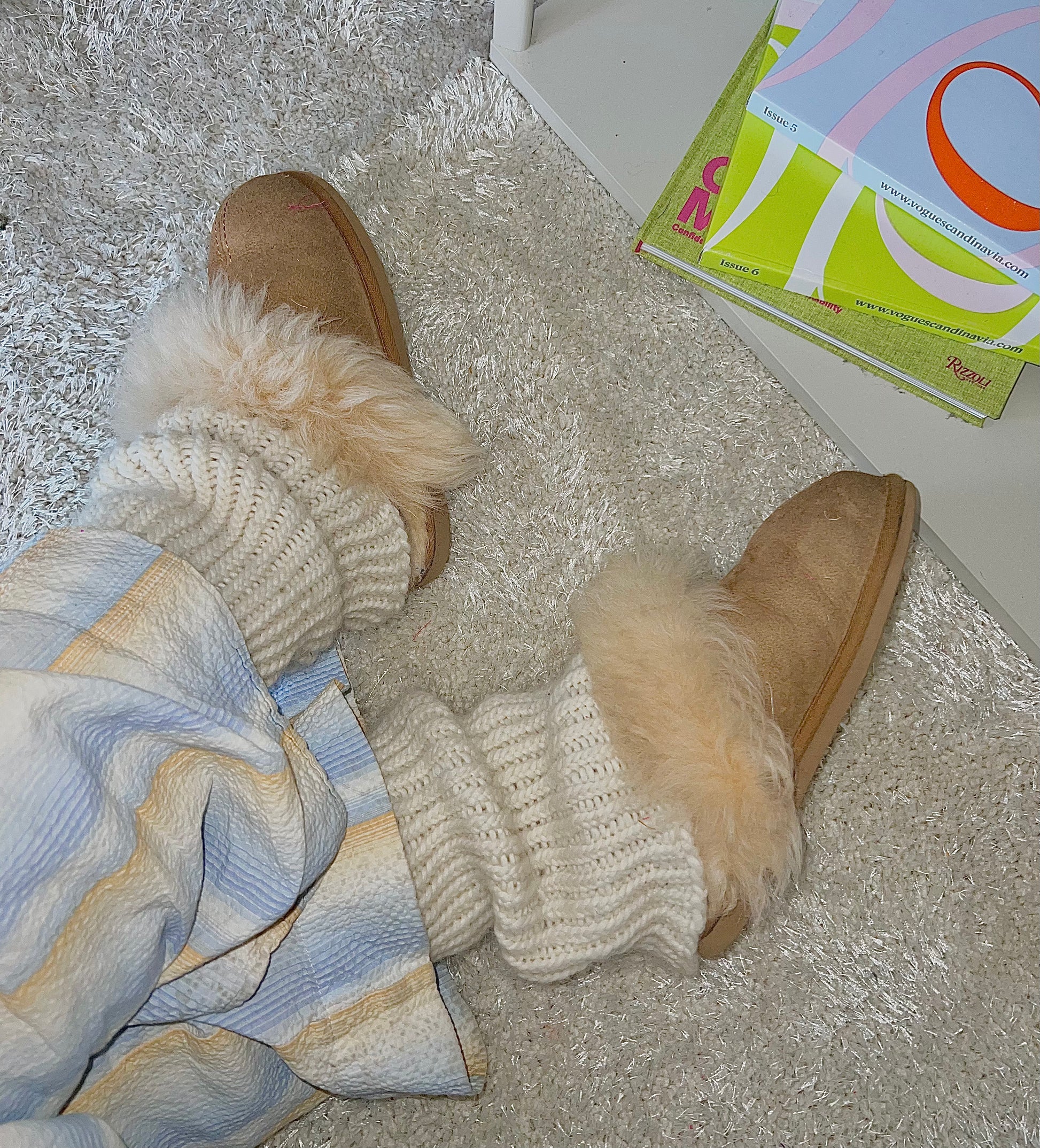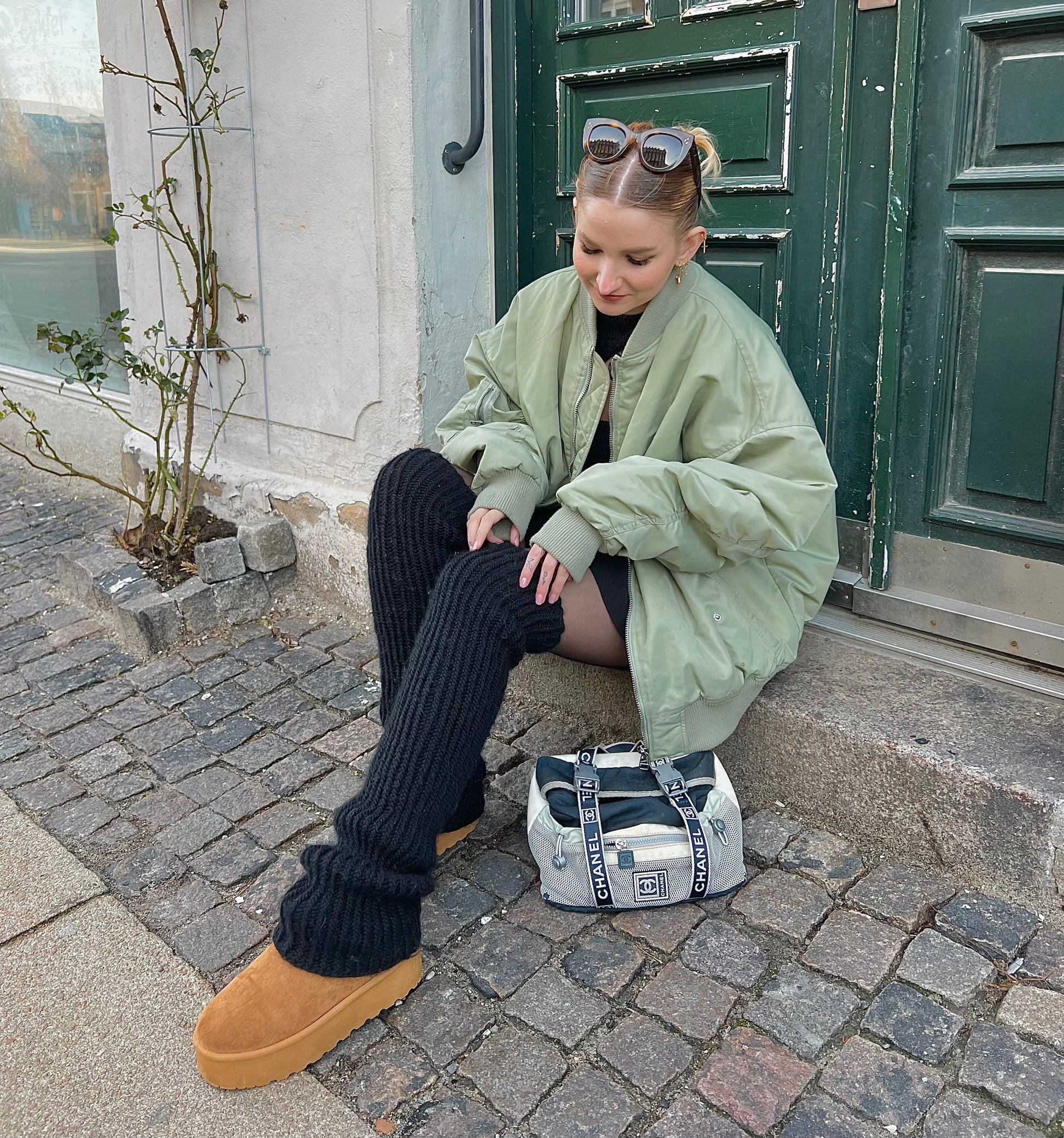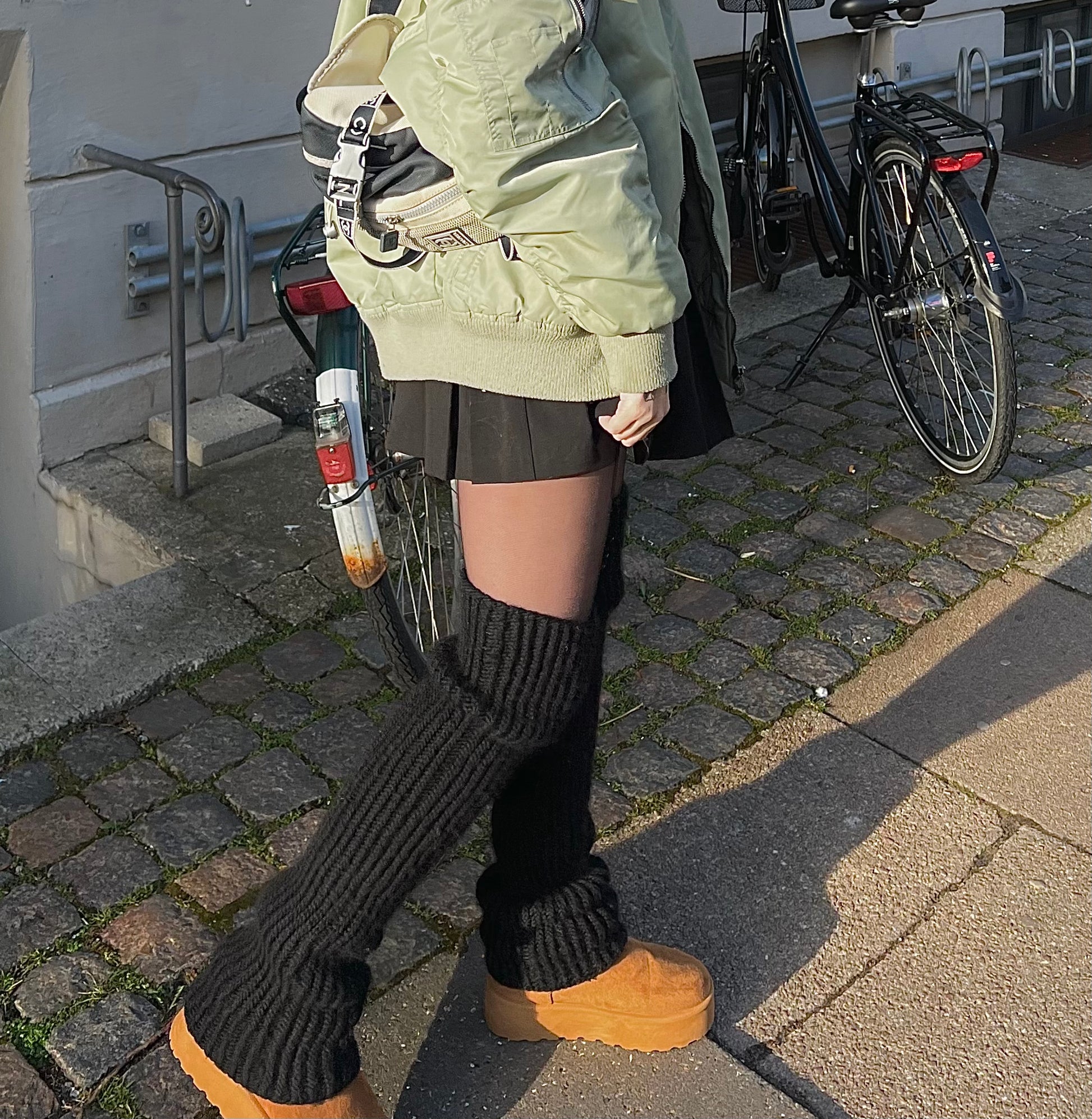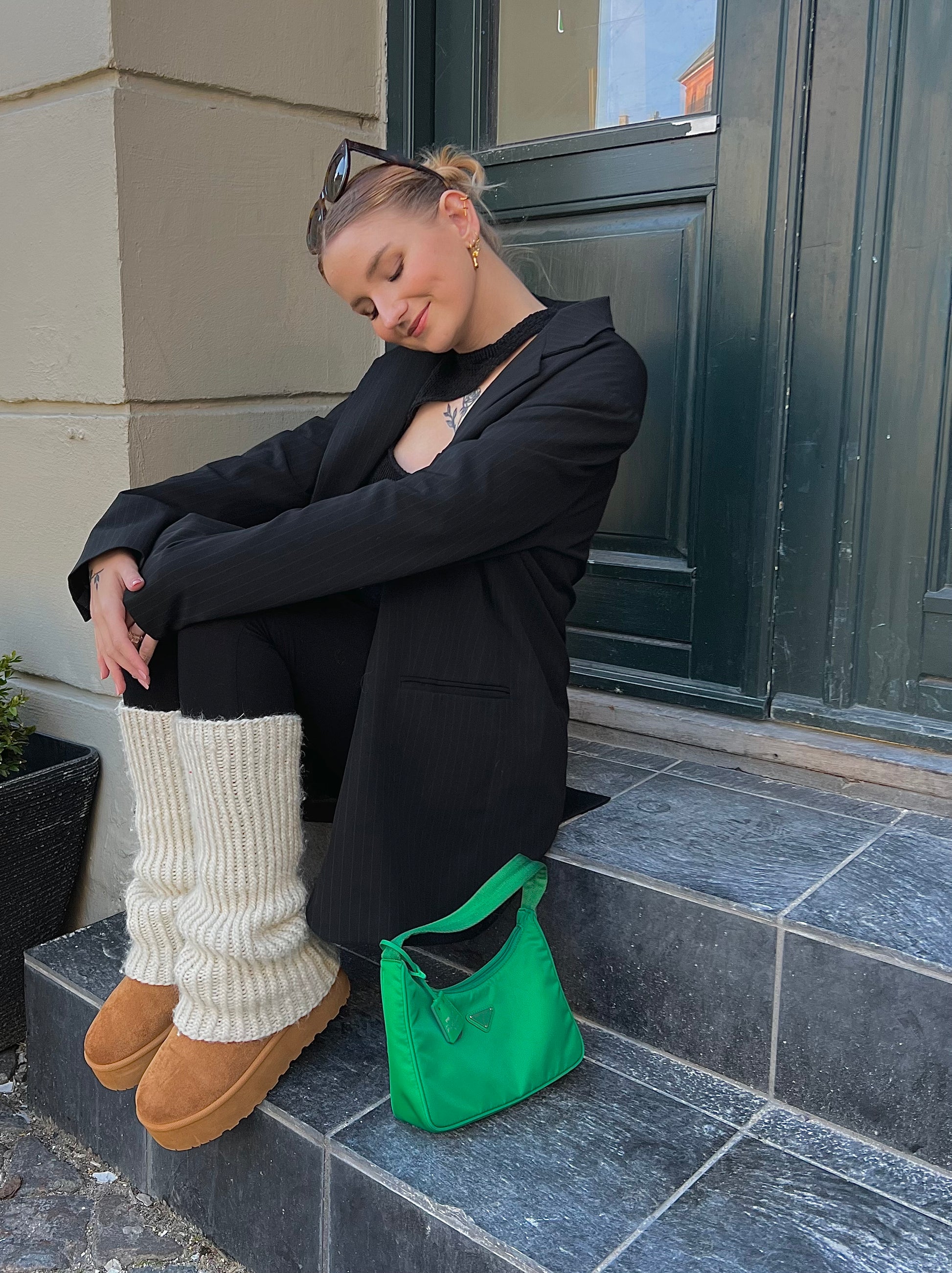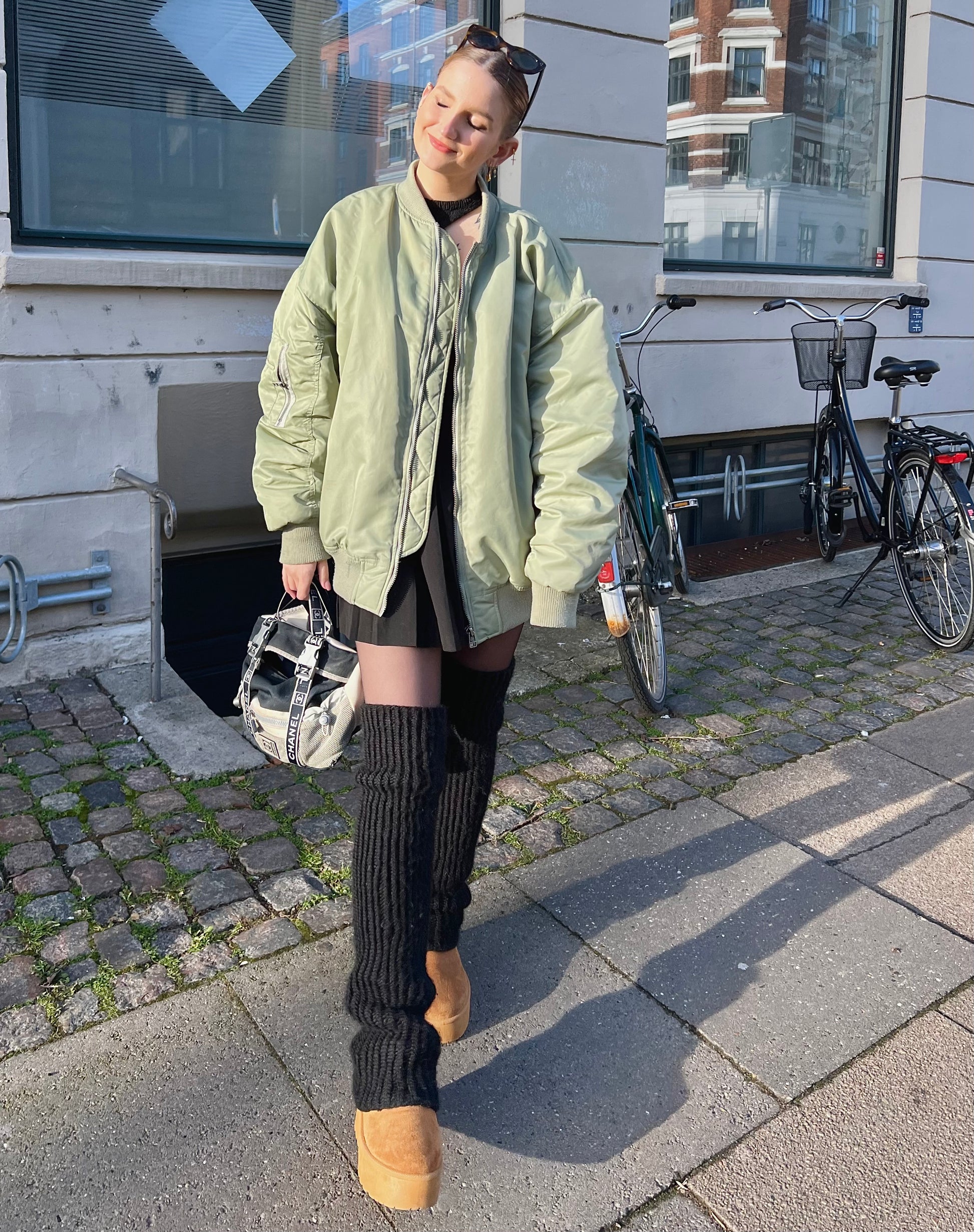Unlucky Knits
Lucky Leg Warmers
Lucky Leg Warmers
Couldn't load pickup availability
THIS ITEM IS A DIGITAL KNITTING PATTERN
WHEN PURCHASING THIS ITEM, YOU WILL RECEIVE A LINK VIA E-MAIL, ALLOWING YOU TO DOWNLOAD THE KNITTING PATTERN AS A .PDF FILE.
View full details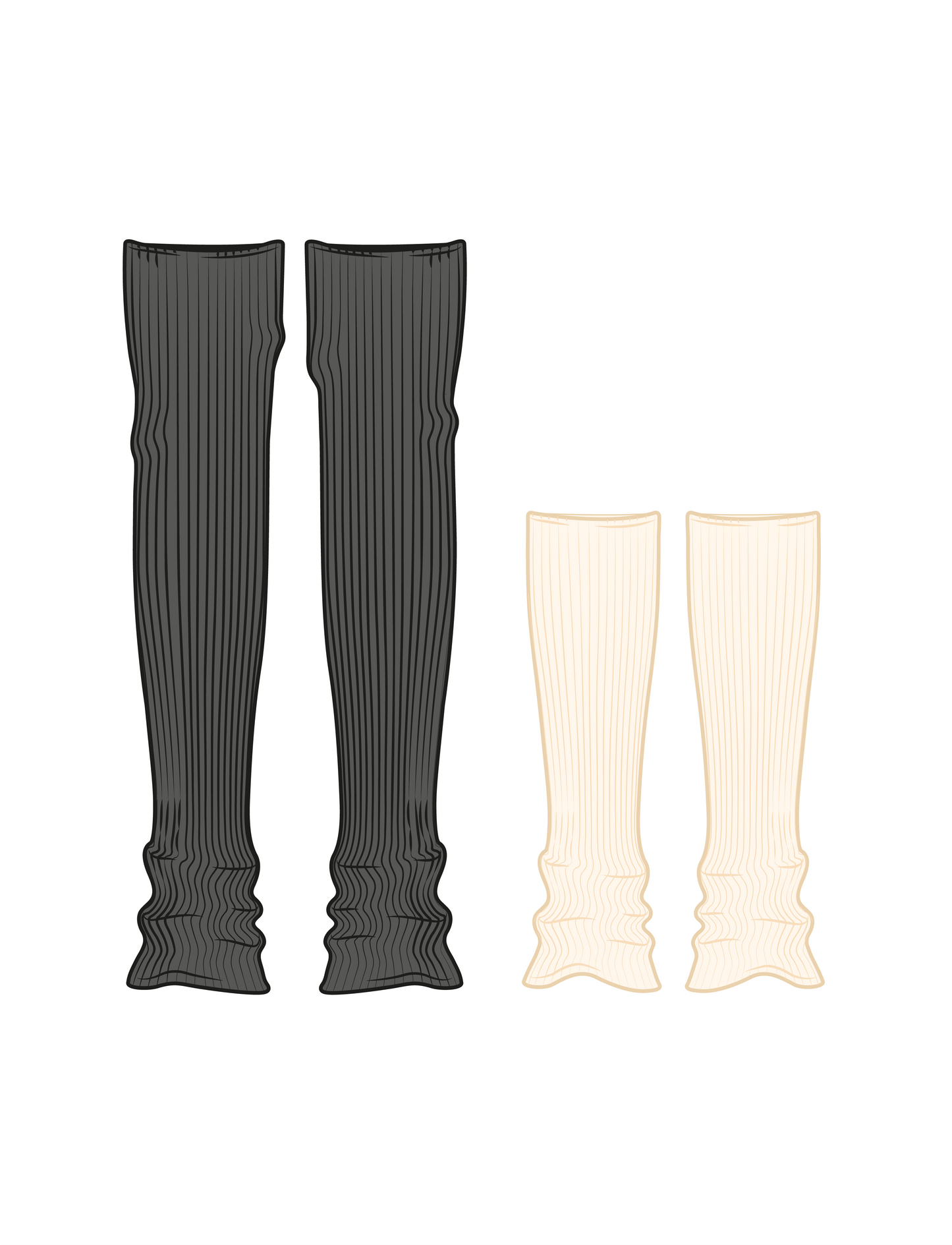
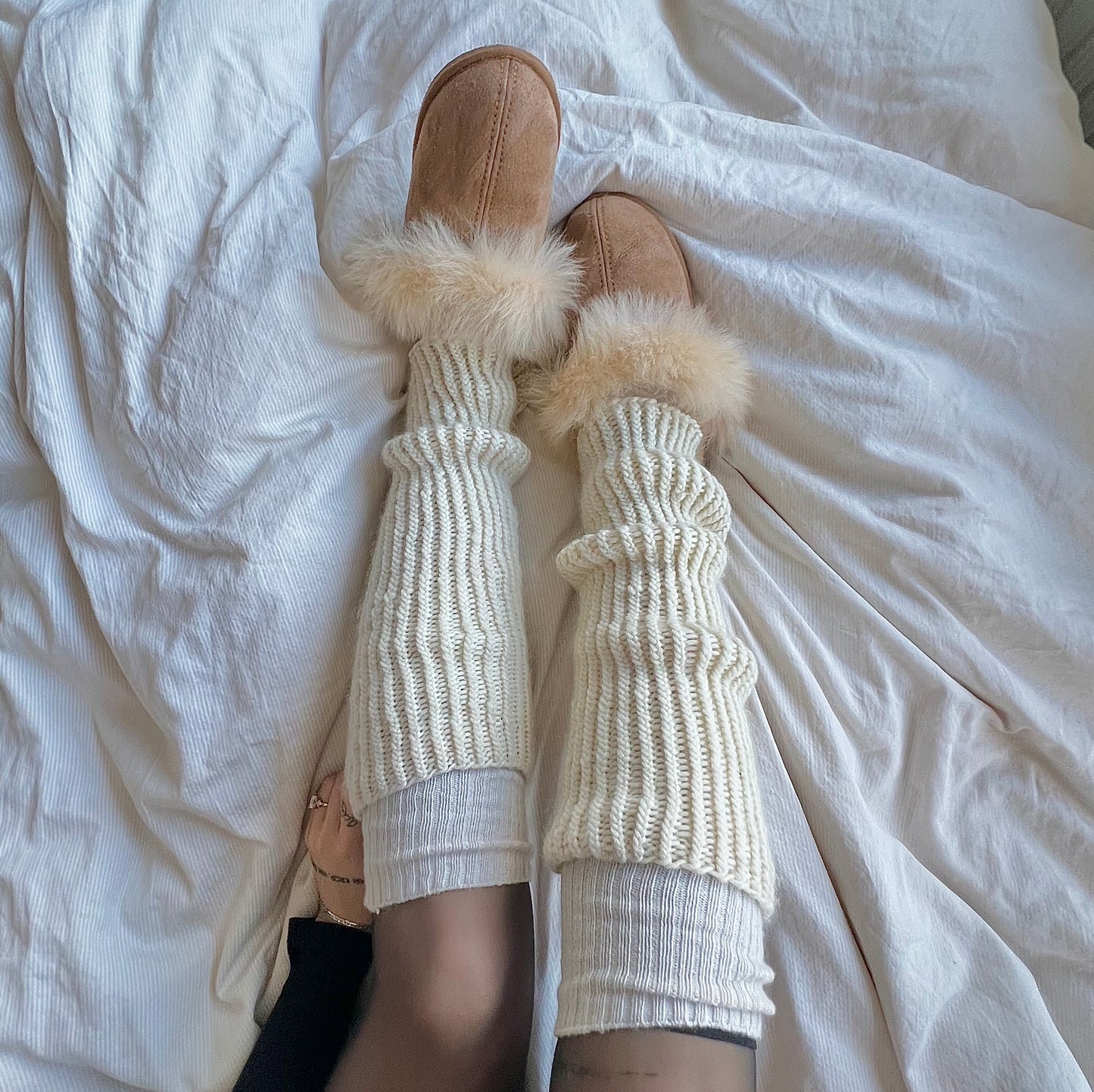
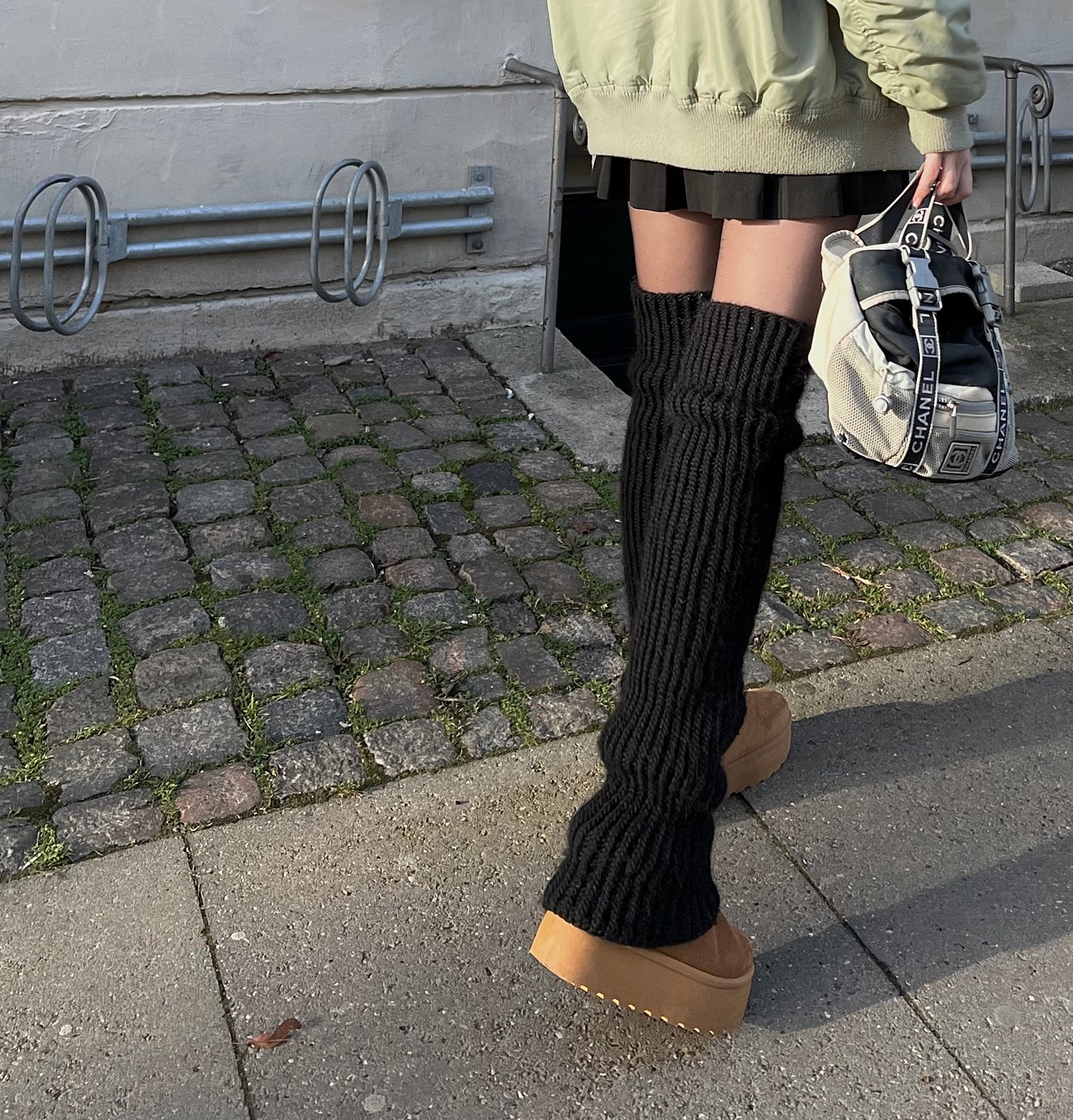
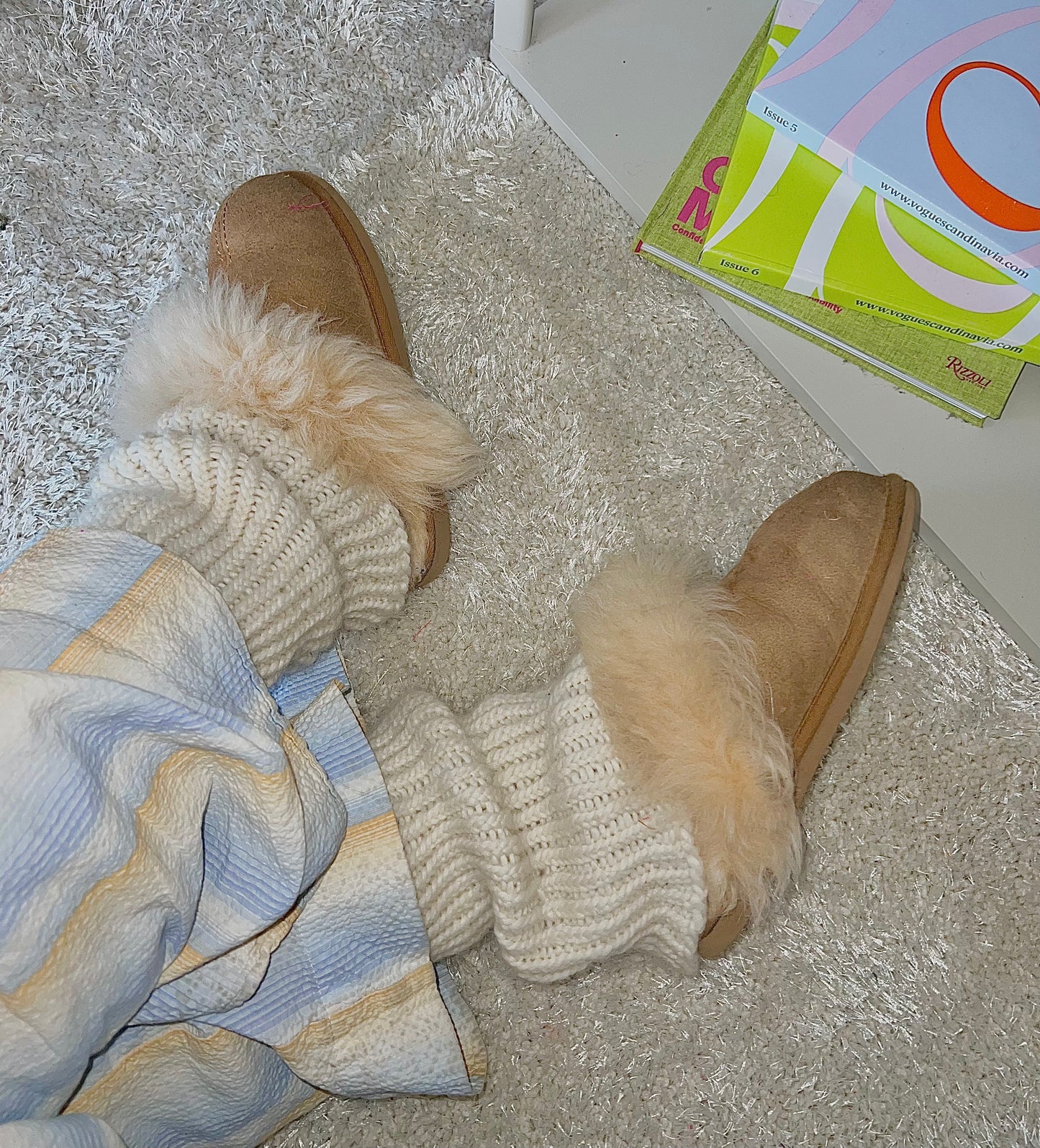
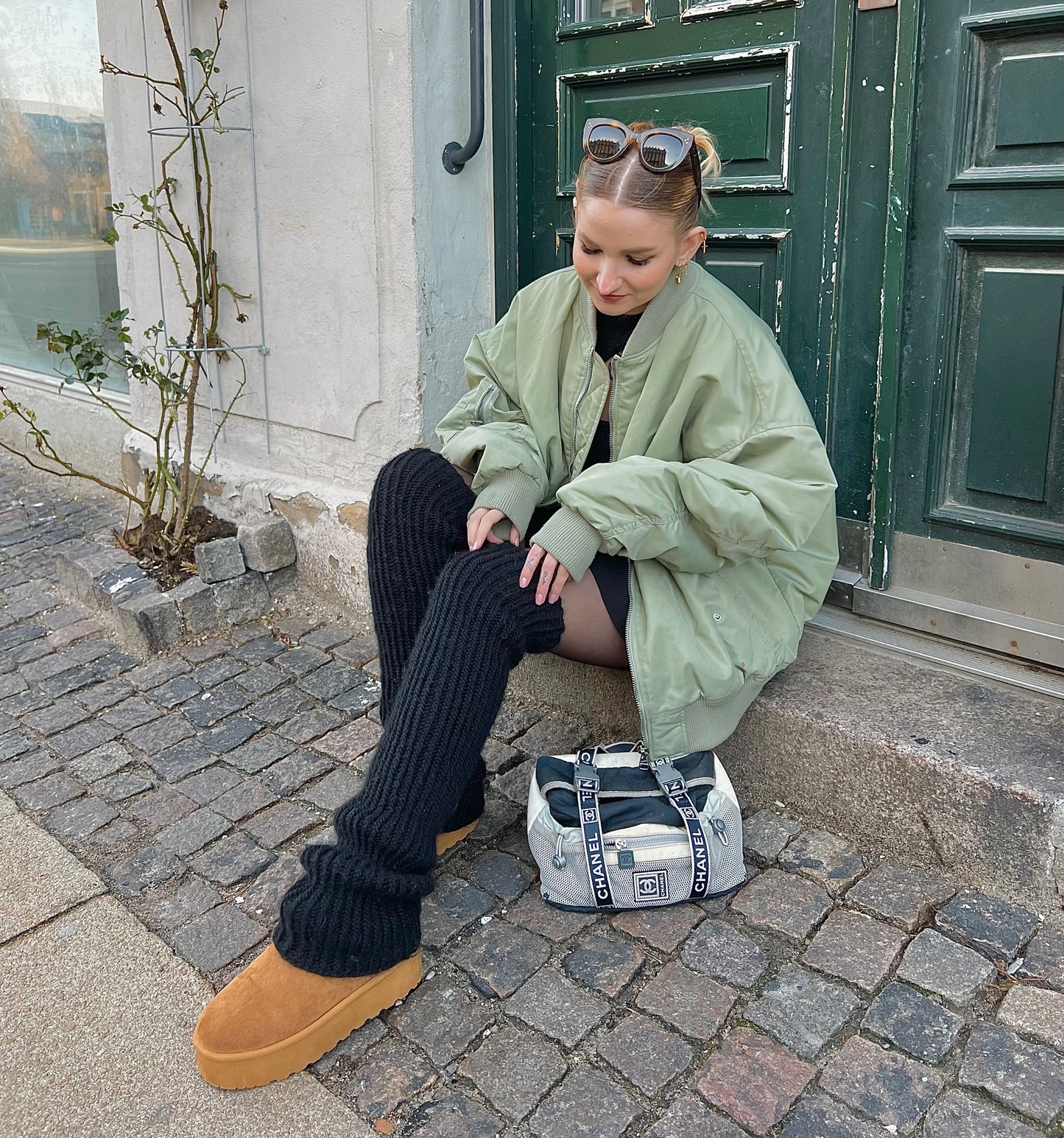
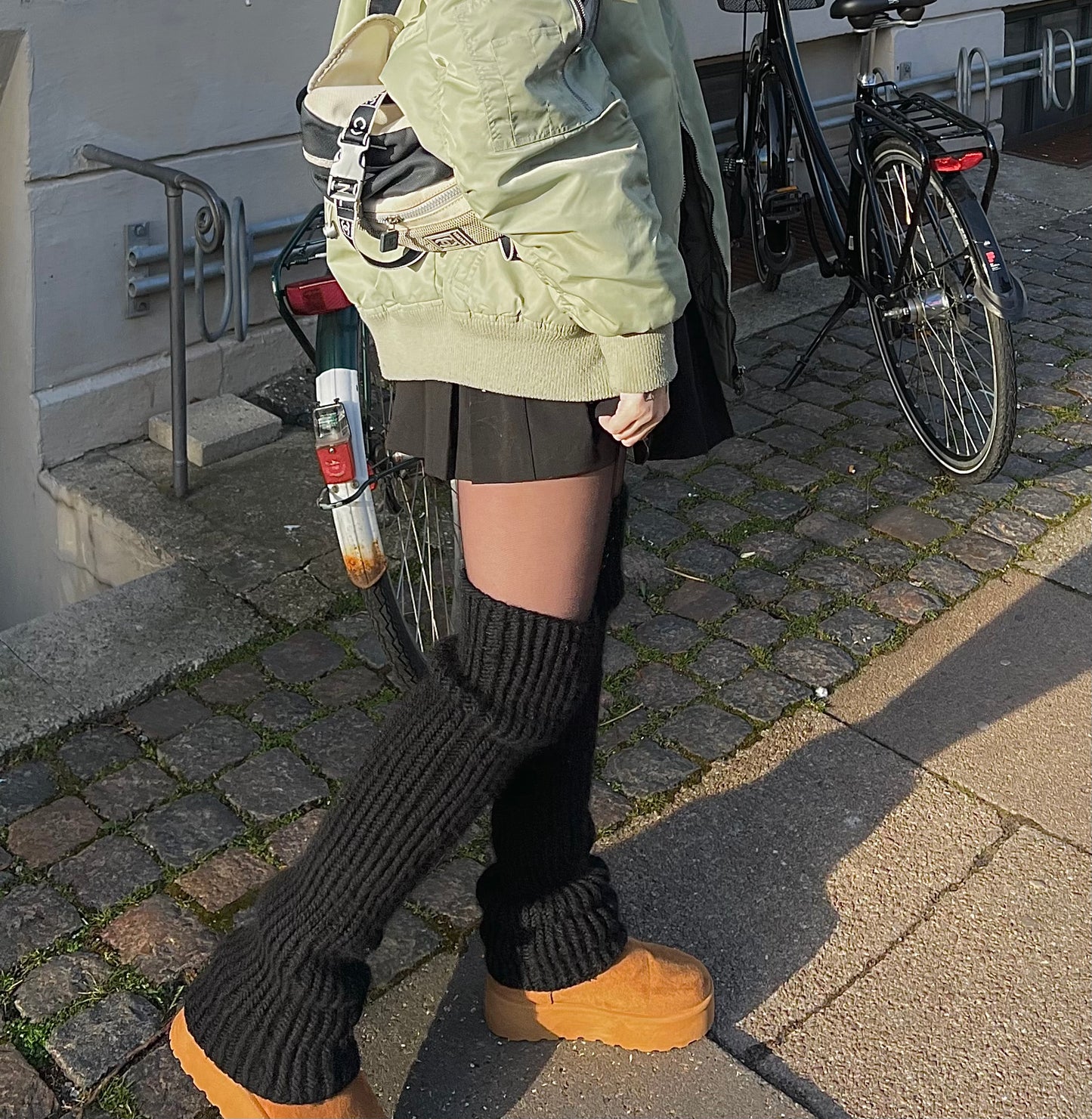
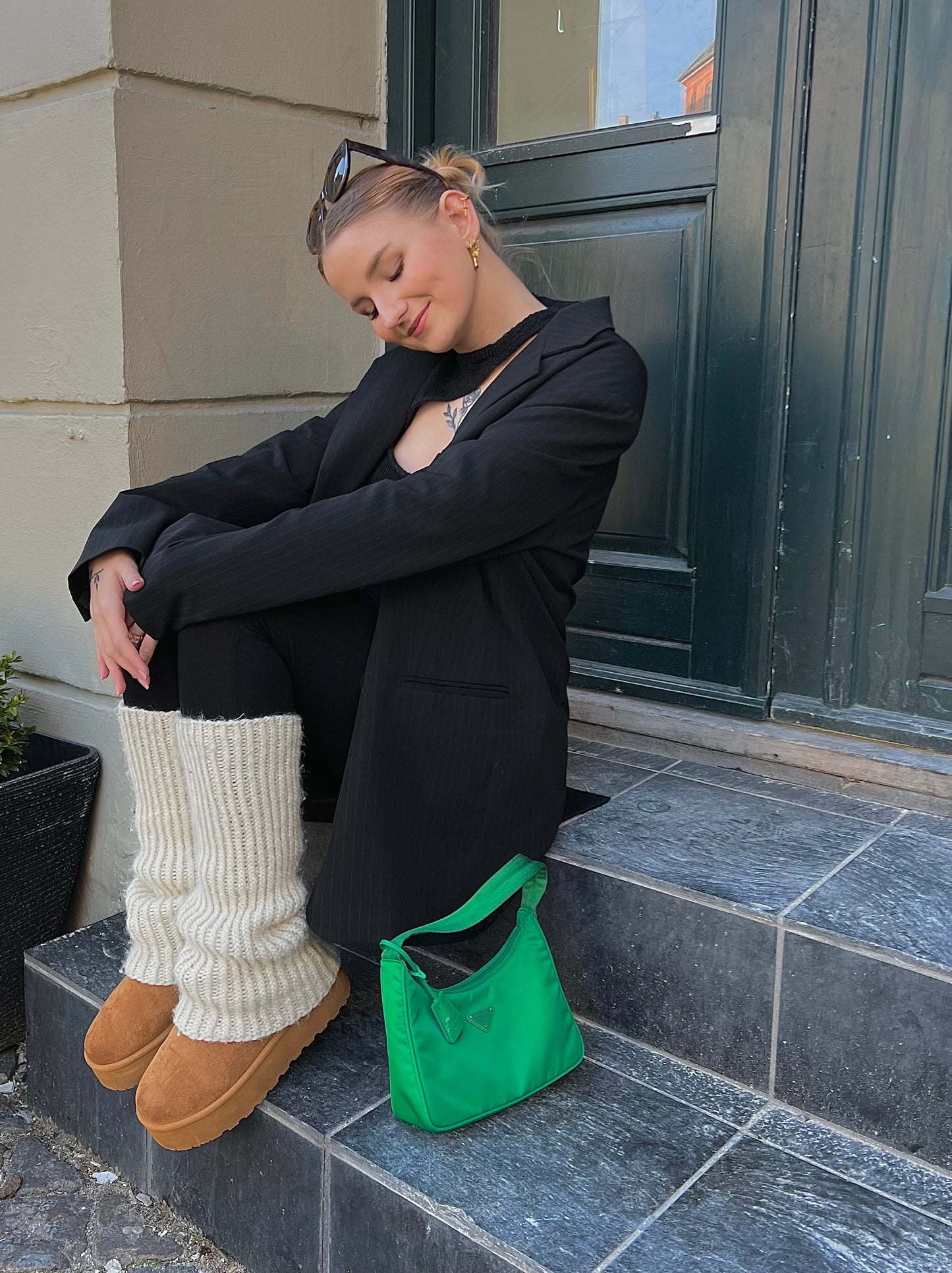
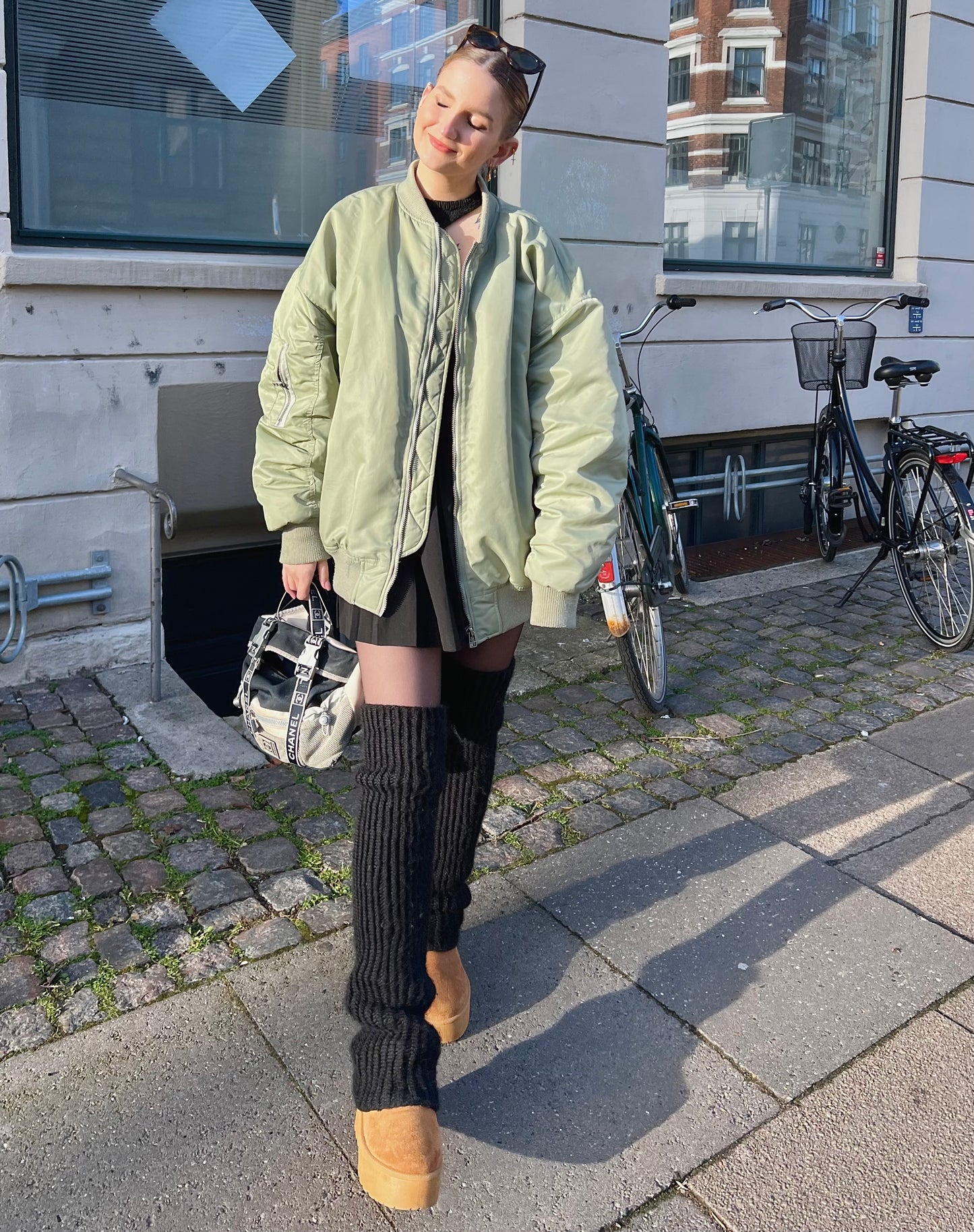
INFO
SIZING
SIZES
XXS (XS) S (M) L (XL) 2XL (3XL) 4XL (5XL)
LENGTHS
This pattern contains instructions for two lengths, measuring 70 cm and 40 cm respectively:
THE TALL LEG WARMERS are intended to reach up about 10 cm above the knee
THE SHORT LEG WARMERS are intended to reach up about 5 cm below the knee.
- However, you can easily adjust the length of your leg warmers to your own liking!
YOUR THIGH CIRCUMFERENCE - FOR THE TALL LEG WARMERS
40-44 (45-49) 50-54 (55-59) 60-64 (65-69) 70-74 (75-79) 80-84 (85-90) cm
YOUR CALF CIRCUMFERENCE - FOR THE SHORT LEG WARMERS
25-29 (30-34) 35-39 (40-44) 45-49 (50-54) 55-59 (60-64) 65-69 (70-75) cm
MATERIALS
NEEDLES AND WIRES
• Double pointed needles size 4.5 mm [US 7] - or use magic loop on circular needles!
OTHER MATERIALS
• Wool needle for weaving ends
YARN
• Recommended yarn: Wool
• Meterage: 70 meters pr. 50 grams
• Amount you’ll need for 2 long leg warmers: 300 (300) 350 (400) 450 (450) 500 (500) 550 (600) grams
• Amount you’ll need for 2 short leg warmers: 150 (150) 200 (200) 200 (250) 250 (250) 300 (300) grams
YARN OPTIONS
Recommended: Pure wool
Wool is generally available around the world, in loads of wonderful colours. I recommend using pure, loosely spun wool for this project.
The two options shown in the photos are worked in The Petite Wool by WoolAndTheGang.
Alternative: Blowyarn
A thich blowyarn can give the same look as a loosely spun wool yarn. Make sure to do a gauge swatch before you begin knitting, though!
DIFFICULTY
DIFFICULTY: 1/5
This pattern is great for beginner knitters who want to begin using slightly more advanced techniques than the basic knits and purls.
The pattern offers detailed explanations of the entire process, and is generally clear and easily legible.
The pattern does contain abbreviations to certain words (k = knit, p = purl etc.) with a guide explaining the meaning of every abbreviation.
You can always check out the Unlucky Knits guides, if you need help along the way.
Please keep in mind that what some find difficult, you might find easy - and vice versa. The stated difficulty is an estimation based on the techniques needed and feedback from testknitters.

